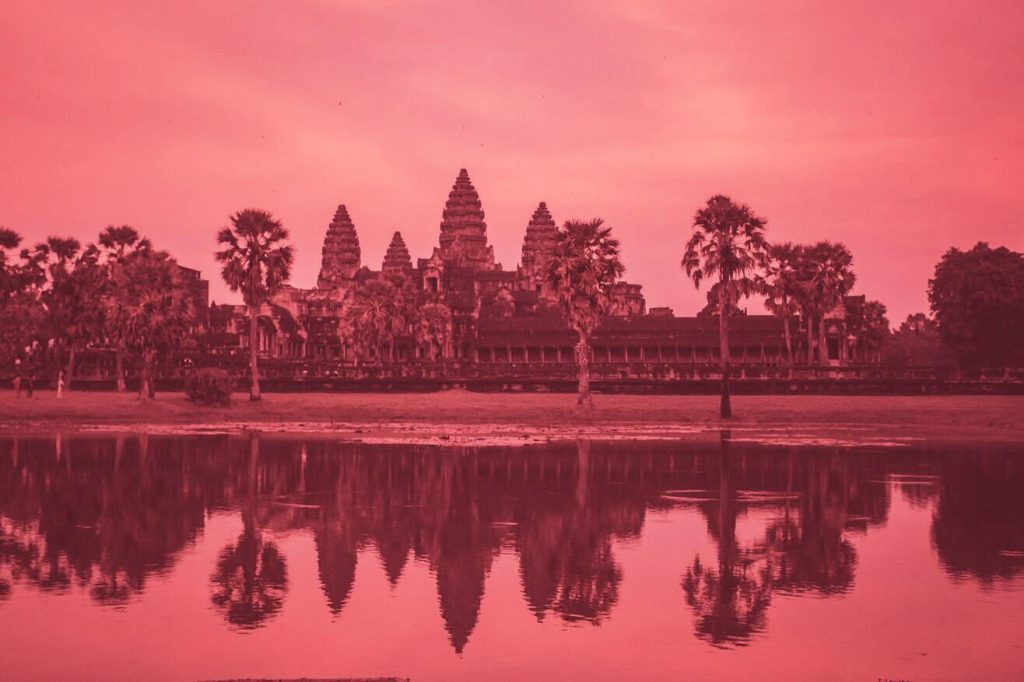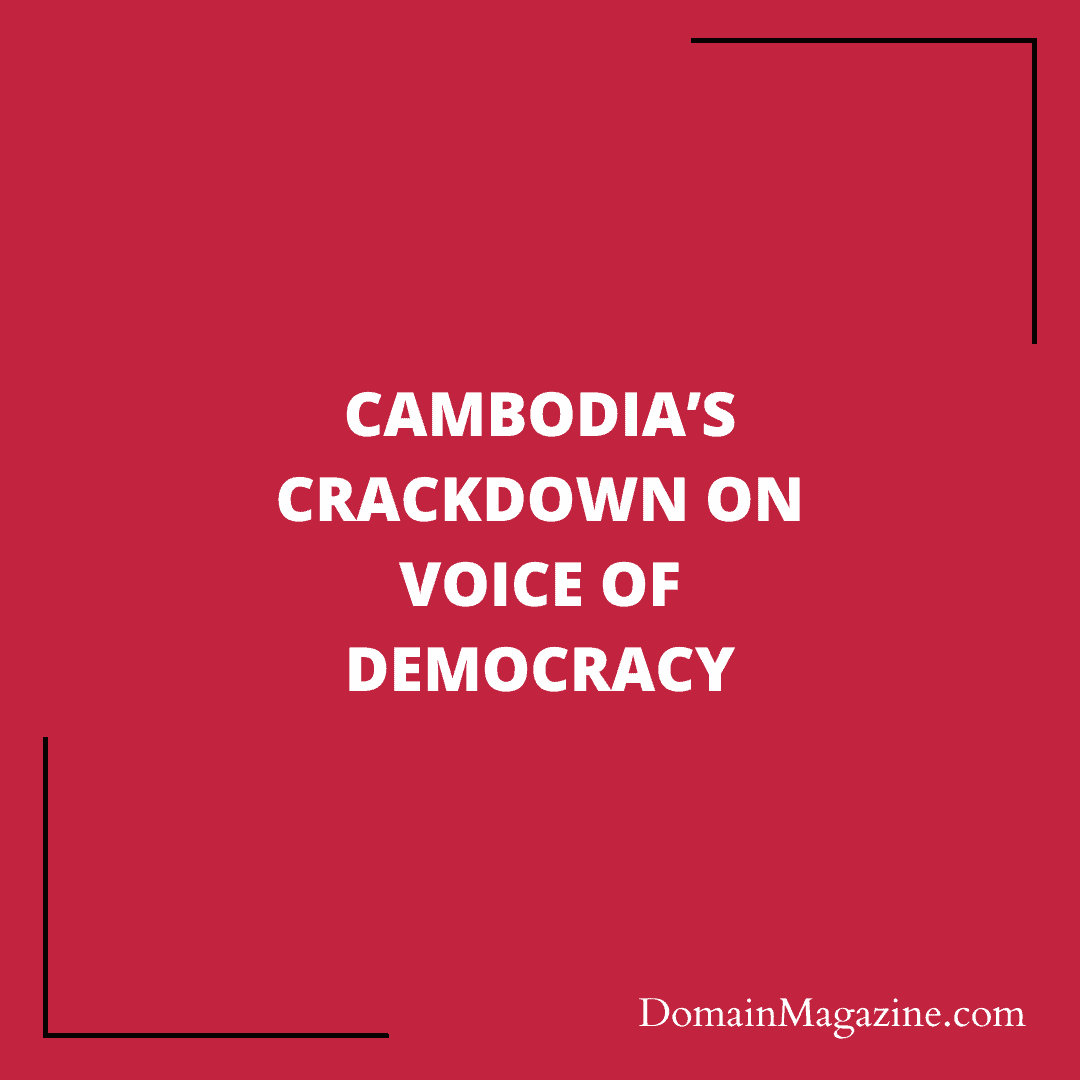The Cambodian government has ordered internet service providers (ISPs) to block access to the website and social media accounts of an independent media company called Voice of Democracy. This comes after the media company was critical of the government and its handling of the COVID-19 pandemic. The order was reportedly issued by the Ministry of Post and Telecommunications and was sent to all ISPs in the country.
Voice of Democracy
Voice of Democracy(VOD) is a non-profit media organisation that provides independent news coverage and information to the people of Cambodia. The company has been operating in Cambodia for over two decades and has faced several challenges over the years, including censorship and government pressure.

In its reporting, VOD has covered a wide range of topics, including politics, human rights, social justice, and the environment, among others. The organisation has been known for its investigative reporting on issues such as land rights, corruption, and environmental concerns, and it has been critical of the government’s handling of various issues.
While VOD’s reporting has been critical of the government at times, it is important to note that its goal is not to speak for or against the state, but rather to provide objective, accurate news reporting that informs the public and holds those in power accountable. As an independent media outlet, VOD is not aligned with any political party or faction, and it is not a mouthpiece for the government or any other group.
Government’s Take
The Cambodian government has argued that it has a responsibility to maintain public order and protect its citizens from the spread of “fake news” or disinformation that could incite violence or cause social unrest. It has accused certain websites and media outlets of publishing content that could undermine national stability and harm Cambodia’s security.
In particular, the government has claimed that some news media sites, such as Voice of America (VOA) and Radio Free Asia (RFA), have been biased against the government and have published inaccurate or misleading information about Cambodia. The government has also accused some independent media outlets of having links to opposition parties or other groups that it considers to be a threat to national security.
The government has defended its actions to block certain websites, including news media sites, by arguing that it is necessary to protect the country’s interests and to prevent the spread of content that could cause harm. However, as mentioned earlier, these actions have been criticised by many for their potential to limit access to information and suppress dissenting voices.
Earlier Instances
This is not the first time the country has implemented an action of blockade on media houses. Most of the major news media houses have suffered the rougher stick of the Government in Cambodia.
Cambodia’s Ministry of Post and Telecommunications ordered the country’s internet service providers (ISPs) to block access to 43 websites in August 2020. Among the sites that were reportedly blocked were at least six news media sites, including Voice of America (VOA), Radio Free Asia (RFA), Voice of Democracy (VOD), and several local news outlets.
VOD and other independent media outlets have faced significant challenges and pressures in recent years, including legal harassment, intimidation, and restrictions on their ability to operate freely.
Despite these challenges, independent media outlets like VOD have continued to operate and report on political and social issues in Cambodia, often at great personal risk. Some have adopted strategies such as self-censorship, publishing from outside the country, or using social media to disseminate their content. Others have continued to operate within Cambodia, sometimes working covertly or under the radar to avoid detection by the authorities.
Cambodia’s Polity
Cambodia is officially a constitutional monarchy with a multiparty democratic system of government. The country’s 1993 Constitution establishes a system of government that features a bicameral legislature, consisting of the National Assembly and the Senate, as well as a separate judiciary and executive branch.

In practice, however, Cambodia’s political system has been dominated by the ruling Cambodian People’s Party (CPP) and its leader, Prime Minister Hun Sen, for many years. The CPP has been in power since 1979, and while there are opposition parties, they have faced significant challenges, including harassment, intimidation, and legal action, that limit their ability to compete in elections and to influence government policies.
In recent years, there has been growing concern about the state of democracy and human rights in Cambodia, with civil society organisations, human rights advocates, and the international community criticising the government’s crackdown on political opposition, civil society, and independent media. Despite these challenges, there are still efforts to promote democratic reform and to hold the government accountable for its actions.


Join the Discussion